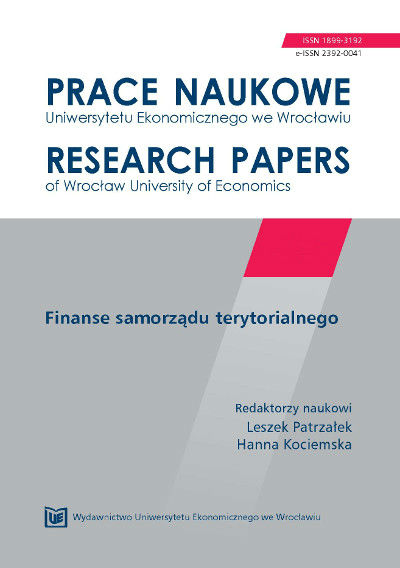
Carbon dioxide emissions by motor vehicles as part of the external costs of road transport in Poland
Emisja dwutlenku węgla przez pojazdy mechaniczne jako element zewnętrznych kosztów transportu drogowego w Polsce
Keywords: CO2 emissions; external costs of road transport
Balancing the road transport market incurs social costs. Road transport causes carbon dioxide emissions. The emission of carbon dioxide (CO2) causes an increase in external costs of road transport. The thesis is that the polluter pays. The article also explains the scale of CO2 emissions from motor vehicles in the period of 2000–2012. We discuss the price of CO2 emission permits. On the basis of the estimated price, the cost of CO2 emissions in Poland was calculated. In the final part of the article, we compare the cost of CO2 emission in Poland with the gross domestic product and paid compensation under a motor vehicle liability insurance.
More...